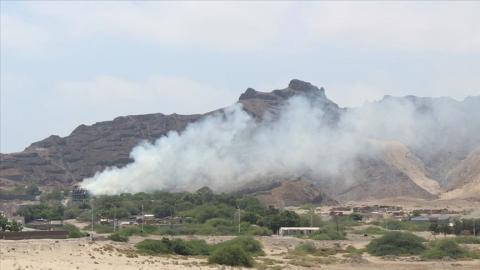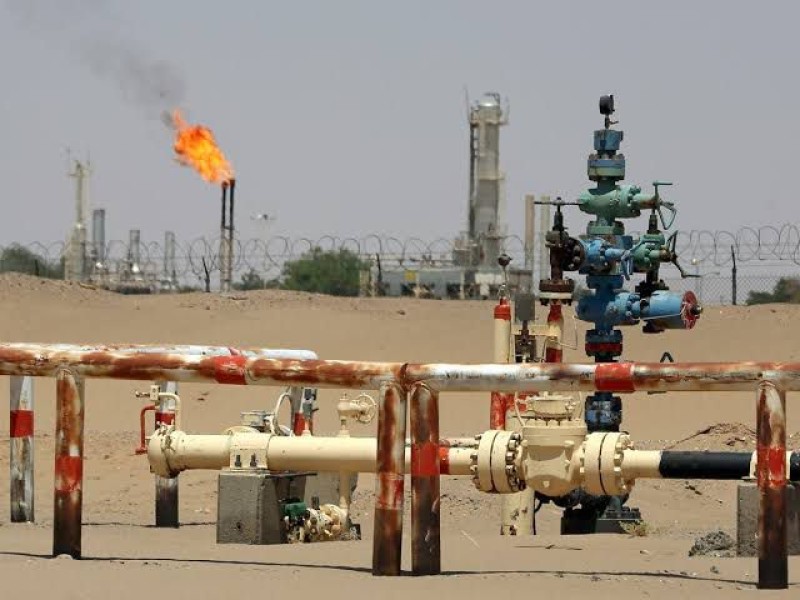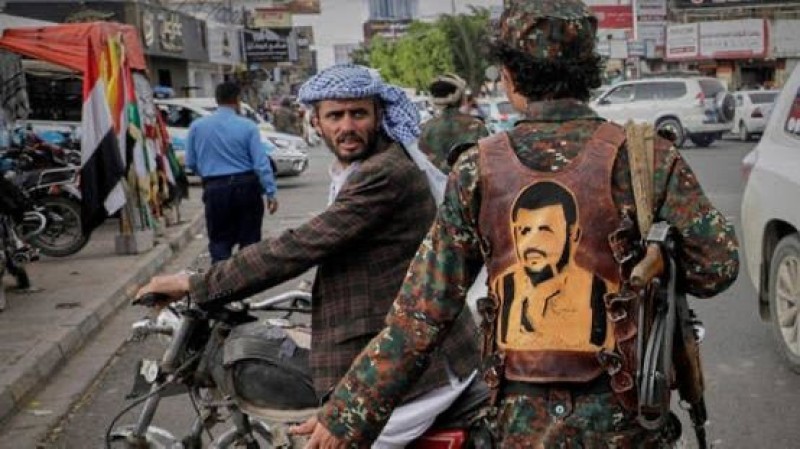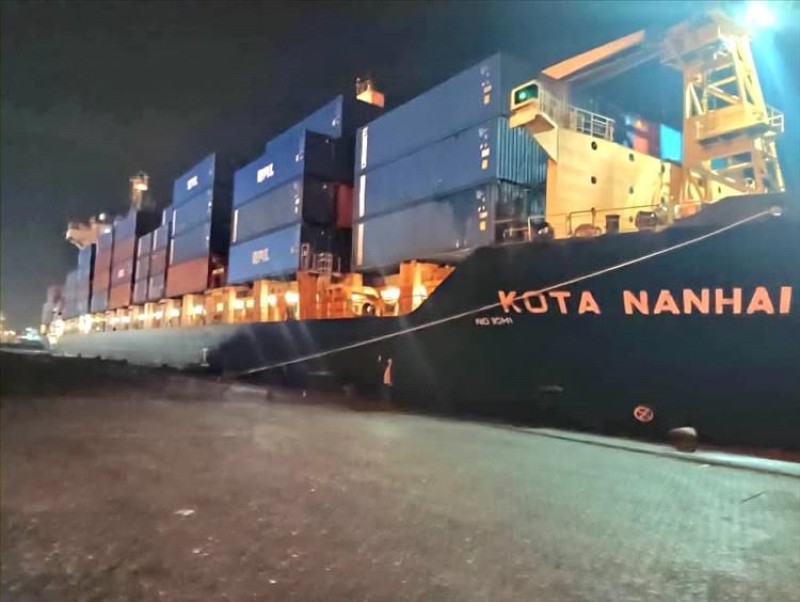Yemen: 14 million people to face hunger as war and pandemic worsens


Hunger, weapons, and death – this is the stark reality in Yemen. It has been listed as the poorest country in the Middle East, years after the outbreak of the civil war, and the pandemic circumstances are pushing more civilians into poverty.
The world’s largest humanitarian crisis has seen over 3.1 million people forced to flee their homes since March 2015 after the start of the civil war.
As many as 21 million people need humanitarian assistance and around 14 million people cannot afford food for their families, according to the United Nations.
At the beginning of 2015, the Ansar Allah movement (The Houthis) rose against President Mansour Hadi’s troops, sparking a civil war in Yemen.
A Saudi and Emirati-led coalition supporting the internationally recognised government also intervened.
Five years later, there is no sign of a political resolution to the crisis and the conflict remains intense.
The war has destroyed many Yemenis’ livelihoods, leaving more than 80% of the population reliant on humanitarian aid and protection. People are increasingly struggling to get enough food and the World Food Program has warned that Yemen could face famine in 2021.
The policy advisor at Oxfam, Richard Stanforth, said: “The country imports 88% of its food supply but food importers have told us that the designation means they can no longer operate.”
Oxfam is a charitable organisation focused on ending global poverty. It has been working with the government authorities in Yemen for more than 30 years, as well as with civil society organisations.
The organisation’s main aim is to improve the water and sanitation services, as well as the livelihoods of thousands of people affected by the war and find themselves living in poverty.
As a result of the attacks, some of the Oxfam water projects have been bombed, including their water warehouse, which was destroyed at the beginning of the conflict.
Due to the high temperatures in many parts of the country (between 45 – 50 degrees) and the lack of rainfall, Yemen is facing more water shortages and people have begun digging in search for it. But the water resources have been exhausted – Oxfam warns.
Richard Stanforth said: “The poverty in that sense is man-made. It is the fighting that is causing people to lose their jobs, their homes, as well as many of their farmlands.
“The few people who kept their jobs have not received salaries and the only secure source of income has become the war.
“The circumstances remain unchanged as governments around the world continue to fuel the war through arms sales and support to Saudi Arabia and its coalition.
“There hasn’t been any sufficient effort by the UK government, or any other government to bring the war to an end.”
The UK is one of the biggest donors to the crisis, committing over £1 billion in aid since the conflict began in 2015.
However, the value of UK arms sales is at least 6.5 times higher than the value of aid.
In the last five years, the UK has licensed around £6.5 billion to the regimes responsible for the ongoing bombing campaign – the CAAT (Campaign against arms trade) reveals.
COVID-19 has also affected Yemen dramatically.
Richard Stanforth said: “The government hasn’t been paying the salaries of the health workers and the public servants.
“Most of them tried to carry on but it is very difficult to work without receiving any income, and as a result, it is harder to fight the pandemic in Yemen, where more than a million cases have been estimated in total.”
A lot of people do not have access to clean water which further increases the risk of developing various diseases.
Other diseases have also emerged such as cholera and dengue fever, which have become an additional challenge for civilians.
The humanitarian crisis and pandemic outbreak has pushed an unrelenting strain on hospitals, with only half of establishments considered ‘fully functioning’.
Oxfam reported in August 2020 that there has been one air raid every 10 days on hospitals, clinics, wells, and water tanks throughout the war.
Richard Stanforth said: “President Biden has said that he wants to stop arms sales and wants to bring the fighting to an end.
“This is a positive sign and I think it will help significantly if other countries reduce the weaponry they keep selling to the states involved in the fighting.”

Aden — For three decades prior to the outbreak of war, Yemen’s oil and natural gas sector played a decisive role in shaping the country…

Sana’a – The occupied Yemeni capital Sana’a is witnessing mounting economic panic and a sharp collapse in the real estate market…

Aden – The vessel Kota Nanhai departed Al-Mualla Container Terminal at Aden Port this evening after completing the unloading of 457 standard…